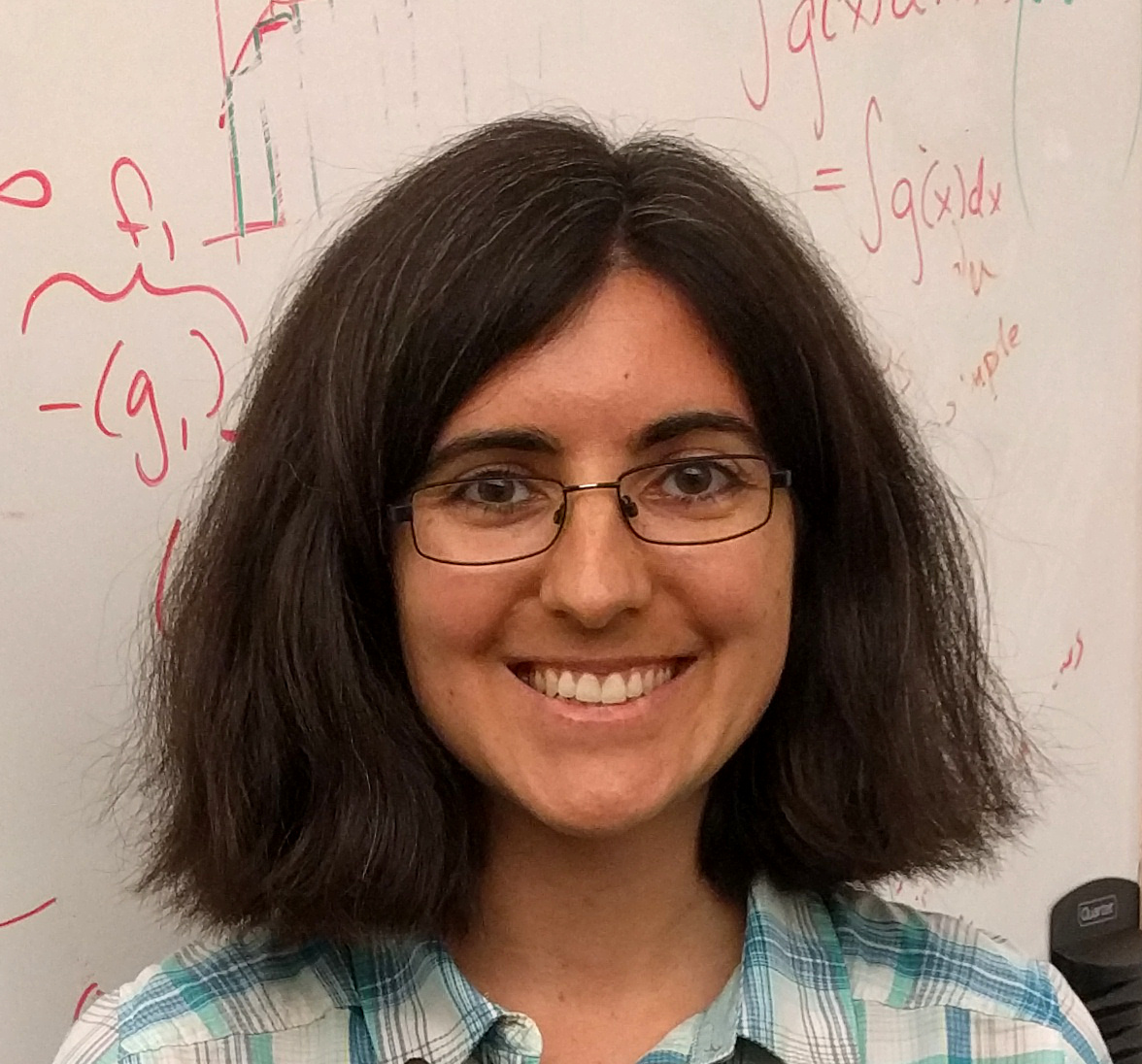[edit]
Invited Speakers
Talk recordings are available here.
Arthur Gretton (UCL)

Biography: Arthur Gretton is a Professor with the Gatsby Computational Neuroscience Unit, director of the Centre for Computational Statistics and Machine Learning (CSML) at UCL, and an ELLIS Fellow. He received degrees in Physics and Systems Engineering from the Australian National University, and a PhD with Microsoft Research and the Signal Processing and Communications Laboratory at the University of Cambridge. He previously worked at the MPI for Biological Cybernetics, and at the Machine Learning Department, Carnegie Mellon University. Arthur’s recent research interests in machine learning include causal inference and representation learning, design and training of generative models, and nonparametric hypothesis testing. He has been an associate editor at IEEE Transactions on Pattern Analysis and Machine Intelligence, an Action Editor for JMLR, Senior Area Chair for NeurIPS in 2018 and 2021 and ICML in 2022, a member of the COLT Program Committee in 2013, and a member of Royal Statistical Society Research Section Committee since January 2020. Arthur was program chair for AISTATS in 2016 (with Christian Robert), tutorials chair for ICML 2018 (with Ruslan Salakhutdinov), workshops chair for ICML 2019 (with Honglak Lee), program chair for the Dali workshop in 2019 (with Krikamol Muandet and Shakir Mohammed), and co-organsier of the Machine Learning Summer School 2019 in London (with Marc Deisenroth).
Shakir Mohammed (DeepMind)

Biography: Shakir Mohamed works on technical and sociotechnical questions in machine learning research, working on problems in machine learning principles, applied problems in healthcare and environment, and ethics and diversity. Shakir is a Director for Research at DeepMind in London, an Associate Fellow at the Leverhulme Centre for the Future of Intelligence, and a Honorary Professor of University College London. Shakir is also a founder and trustee of the Deep Learning Indaba, a grassroots charity whose work is to build pan-African capacity and leadership in AI. Amongst other roles, Shakir served as the senior programme chair for ICLR2021, and as the General Chair for NeurIPS 2022. Shakir also serves on the Board of Directors for some of the leading conferences in the field of machine learning and AI (ICML, ICLR, NeurIPS), is a member of the Royal Society diversity and inclusion committee, and on the international scientific advisory committee for the pan-Canadian AI strategy. Shakir is from South Africa, completed a postdoc at the University of British Columbia, received his PhD from the University of Cambridge, and received his masters and undergraduate degrees in Electrical and Information engineering from the University of the Witwatersrand, Johannesburg.
Tamara Broderick (MIT)

Biography: Tamara Broderick is an Associate Professor in the Department of Electrical Engineering and Computer Science at MIT. She is a member of the MIT Laboratory for Information and Decision Systems (LIDS), the MIT Statistics and Data Science Center, and the Institute for Data, Systems, and Society (IDSS). She completed her Ph.D. in Statistics at the University of California, Berkeley in 2014. Previously, she received an AB in Mathematics from Princeton University (2007), a Master of Advanced Study for completion of Part III of the Mathematical Tripos from the University of Cambridge (2008), an MPhil by research in Physics from the University of Cambridge (2009), and an MS in Computer Science from the University of California, Berkeley (2013). Her recent research has focused on developing and analyzing models for scalable Bayesian machine learning. She has been awarded selection to the COPSS Leadership Academy (2021), an Early Career Grant (ECG) from the Office of Naval Research (2020), an AISTATS Notable Paper Award (2019), an NSF CAREER Award (2018), a Sloan Research Fellowship (2018), an Army Research Office Young Investigator Program (YIP) award (2017), Google Faculty Research Awards, an Amazon Research Award, the ISBA Lifetime Members Junior Researcher Award, the Savage Award (for an outstanding doctoral dissertation in Bayesian theory and methods), the Evelyn Fix Memorial Medal and Citation (for the Ph.D. student on the Berkeley campus showing the greatest promise in statistical research), the Berkeley Fellowship, an NSF Graduate Research Fellowship, a Marshall Scholarship, and the Phi Beta Kappa Prize (for the graduating Princeton senior with the highest academic average).
![[ Logo]](/aistats2023/assets/images/logo-aistats.jpg)